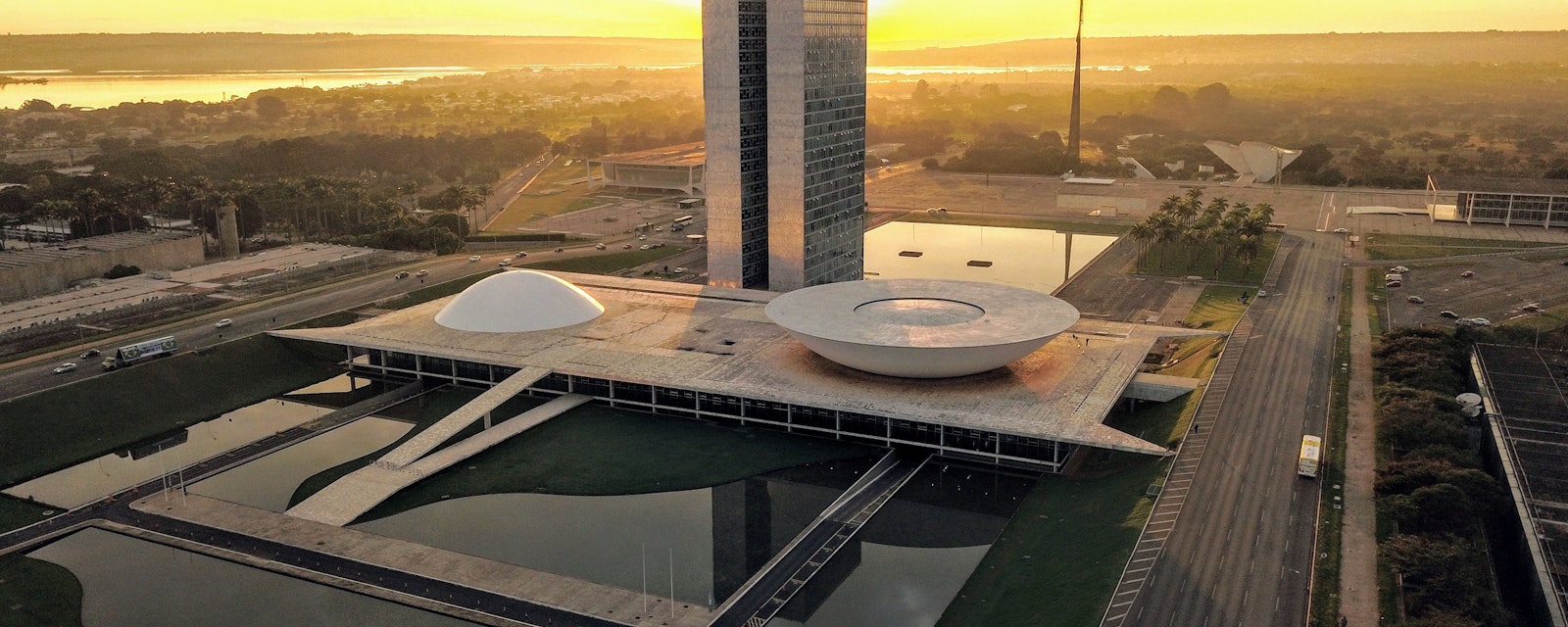Municipal election results in November will not have much influence on the economic agenda. Elections for the presiding officers of both chambers of Congress will delay decisions until February 2021. Only then will it be clear whether government clout or congressional independence will prevail as the driving force of the reform / financial sustainability agenda.
Markets in Brazil have been very topsy-turvy in the week leading up to the first round of municipal elections on 15 November. This is not because of the elections. The fiscal situation and the lack of political urgency to address it are the reasons for the stress. The elections, which in the most important cities may require a run-off vote on 29 November, will not interfere much in the way matters evolve beyond delaying crucial decision-making at the federal level by a month. The president is not likely to see benefits or setbacks for his political future as a result – but that is in any case inconsequential. Most important will be the handling of national issues that remain unresolved.
The Grave and the Impossible
The political class seems oblivious to the gravity of not yet having voted the draft budget guidelines law (LDO, normally voted by July) or not knowing where to find money for Brazil to avoid rolling debts as early as the second quarter of 2021. Nothing of importance is likely to be seriously examined until February 2021, which is the deadline for the election of the new House Speaker and the Chairman of the Senate. That election, not the municipals, will set the wheels of politics in motion again and move the dial on reform and financial sustainability. In both chambers, current presidents would like to be re-elected but they cannot unless changes are made to the statutes. Neither Speaker Rodrigo Maia nor Chairman Davi Alcolumbre have given up on finding ways to extend their mandates – but the chance of that happening is slim at best.
Higher Chamber, Lower Noise
In the Senate, Davi Alcolumbre has played all his cards. He has stuck to his support of the government, having saved it as much as possible from blunders and defeats. On the extension of the payroll tax cut until the end of 2021, which was vetoed by the president, he delayed a vote by months as a means to allow Congress and the government to come to mutually agreeable terms. That did not work but he held back for a long time considering that the government never came up with a better solution than insisting on a stillborn financial-transaction tax to pay for it.
For Alcolumbre, delays of this sort seemed to be shielding government from its own recalcitrance and could have resulted in significant support from the government and its allies for his own re-election. That did not pan out. There have been rumors of how he has also considered presenting his candidacy regardless, and then throwing the burden on the Supreme Court (STF) to deny “the will of the Senate” if elected. That has been perceived as something that would just add to the judicialization of politics – thus compromising his election in the first place.
In-House Troubles
In the House, matters are significantly more difficult. There are four candidates currently in the race for speakership: Marcos Pereira from the center-right Republicanos Party (former PRB), an entrepreneur and evangelical bishop who was Michel Temer’s Trade and Industry Minister and is currently the first vice-house-speaker; Tereza Christina, the current agricultural minister, who therefore has the support of the agribusiness caucus; and then, the two real contestants, Artur Lira and Aguinaldo Ribeiro, both from the Progressives Party (PP). Lira is the government’s candidate par excellence; Aguinaldo is Rodrigo Maia’s candidate. For both of these candidates, the other two can only serve to take away and transfer votes in the final stretch of the elections. In any case, Cristina is likely to step out of the race and avoid the risk of losing a crucial cabinet position. Pereira is likely to bail as well once he manages to secure another mandate as vice-speaker.
Timing and Spacing
Contrary to much of the discourse, nothing should move in December after the municipal elections, nor until February when the elections of the presiding officers of both chambers of Congress are to take place. The reason for that is simple: not until then will it be discernible what the level of independence the House will want to wield vis-a-vis the government or, alternatively, the level of pressure the government will be able to exert on Congress. The tendency is for the House to go for greater independence and elect Aguinaldo – and for the Senate to follow suit with whoever is vying for the post that fits the bill by then. But Lira should not be discarded, nor should a scenario in which the government backs him. Much of the outcome will hinge on whether the government will also decide to lead by proposal and thus take on the responsibility for tough decisions, or continue to pretend as if all that matters is what the president wants, which is increasingly and worryingly populist in nature.





